Mozambique: Government expects almost 100 tonnes of coffee production this year
State earns more than 40Mln meticais from logging licences in Cabo Delgado, Mozambique
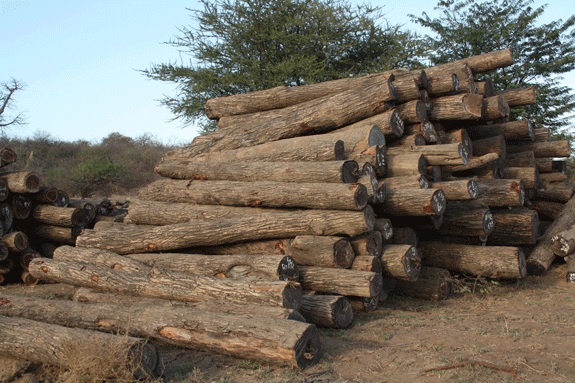
Noticias (File photo)
This year, the state has netted about 42 million meticais in the province of Cabo Delgado from the licensing of loggers under a simple concession regime, according to Hizidine Opressa, provincial director of Land, Environment and Rural Development. The amount represents an increase of about three percent over last year.
Opressa says the increase in value was due to clamping down on the illegal logging that previously proliferated in the province, led by Provincial Services of Forests and Wildlife inspectors, and an increase in the amounts of fees paid by logging operators as a result.
The provincial director released the figures at a seminar in Montepuez for forestry operators and forest technicians on forest legislation, standardisation of the methods of determining weight, volume and measurement and forest management plans, held as part of the integrated landscape management program of Cabo Delgado implemented last year.
The management program, according to Noticias, has as its central objective contributing to the preservation of forests and alleviating poverty in the province through initiatives to reduce deforestation and promote rural development. The program covers seven districts, Montepuez, Ancuabe, Ibo, Macomia, Meluco, Metuge and Quissanga, all integrated within the Quirimbas National Park.
The initiative is supported by two operational projects, Mozbio and The Forest Carbon Partnership Facility financed by the World Bank.
The capacity-building seminar trained 50 logging operators and 11 forestry inspectors and according to Opressa will spearhead improvements in the practices of timber exploitation and sustainable management of forests and add value in the integration of the relationship between the government and the private sector of the province’s forested area.
Ironwood export ban
In another development, Opressa announced that the government has started to prohibit the exploitation of some species such as ironwood, and for other species has implemented a ban on bulk exports. “This will lead to the creation of domestic jobs in new wood-processing industries,” he said.
Opressa said that completely prohibiting the exploitation of some species of wood and requiring processing in the country would “discipline” the Mozambique timber business, which in the recent past had been characterised by anarchy among operators and stakeholders.
Last year, loggers, dealers and single licensees were targeted in a 14-day evaluation which involved civil society stakeholders, journalists and forestry inspectors determining the legality of operators with equipment for felling and log-trawling. Those who did not respond had their licenses cancelled.



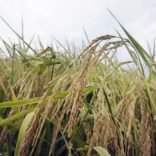
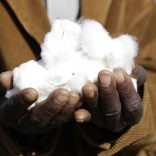
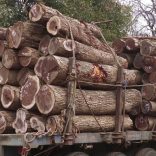
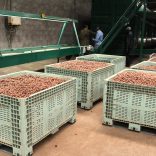






Leave a Reply
Be the First to Comment!
You must be logged in to post a comment.
You must be logged in to post a comment.